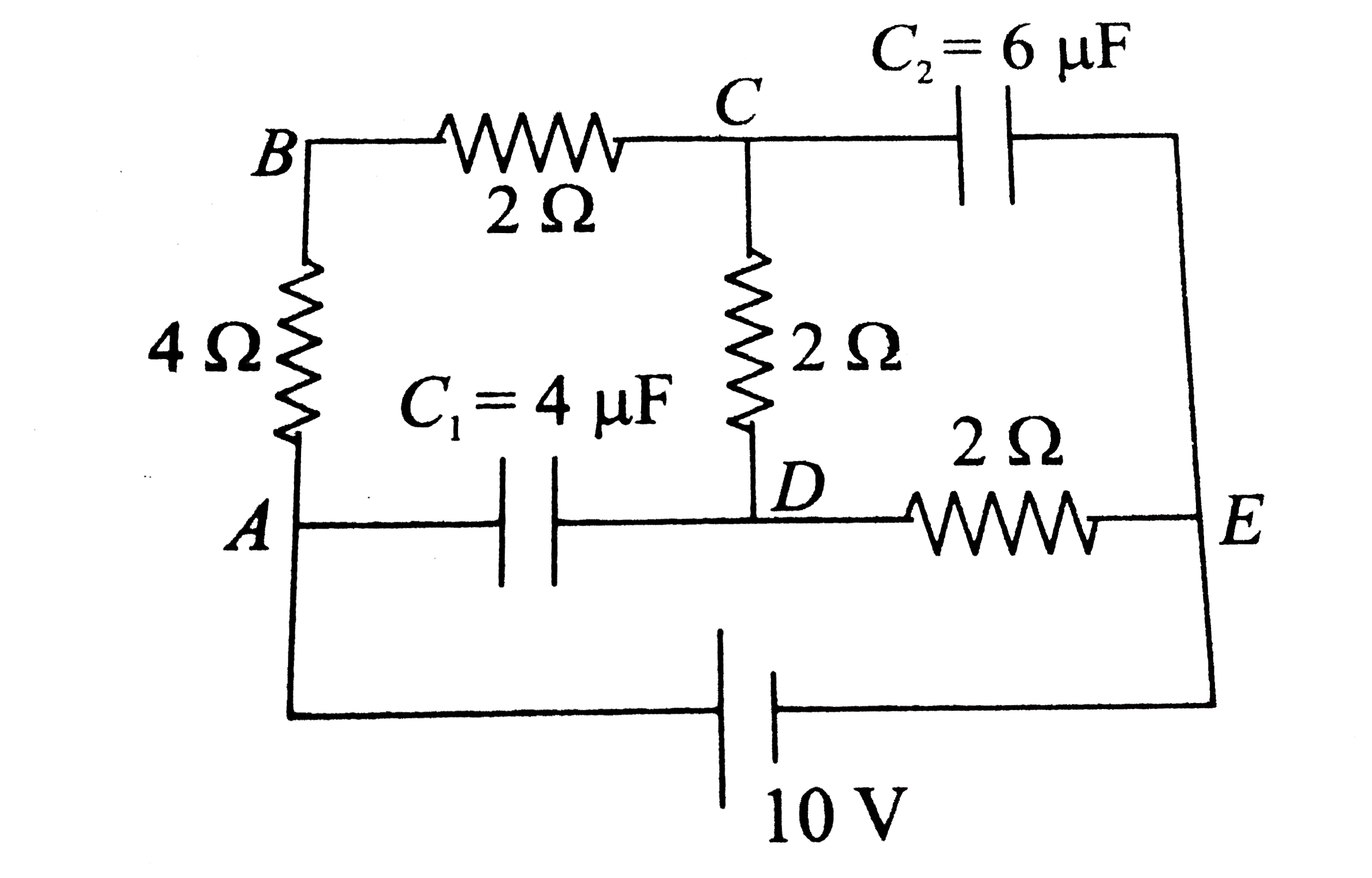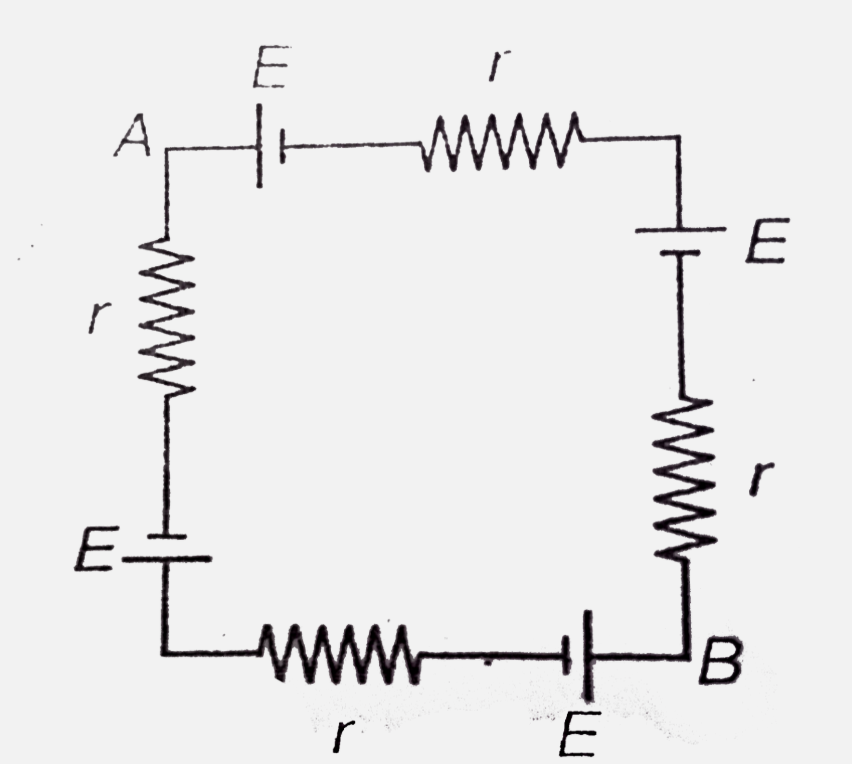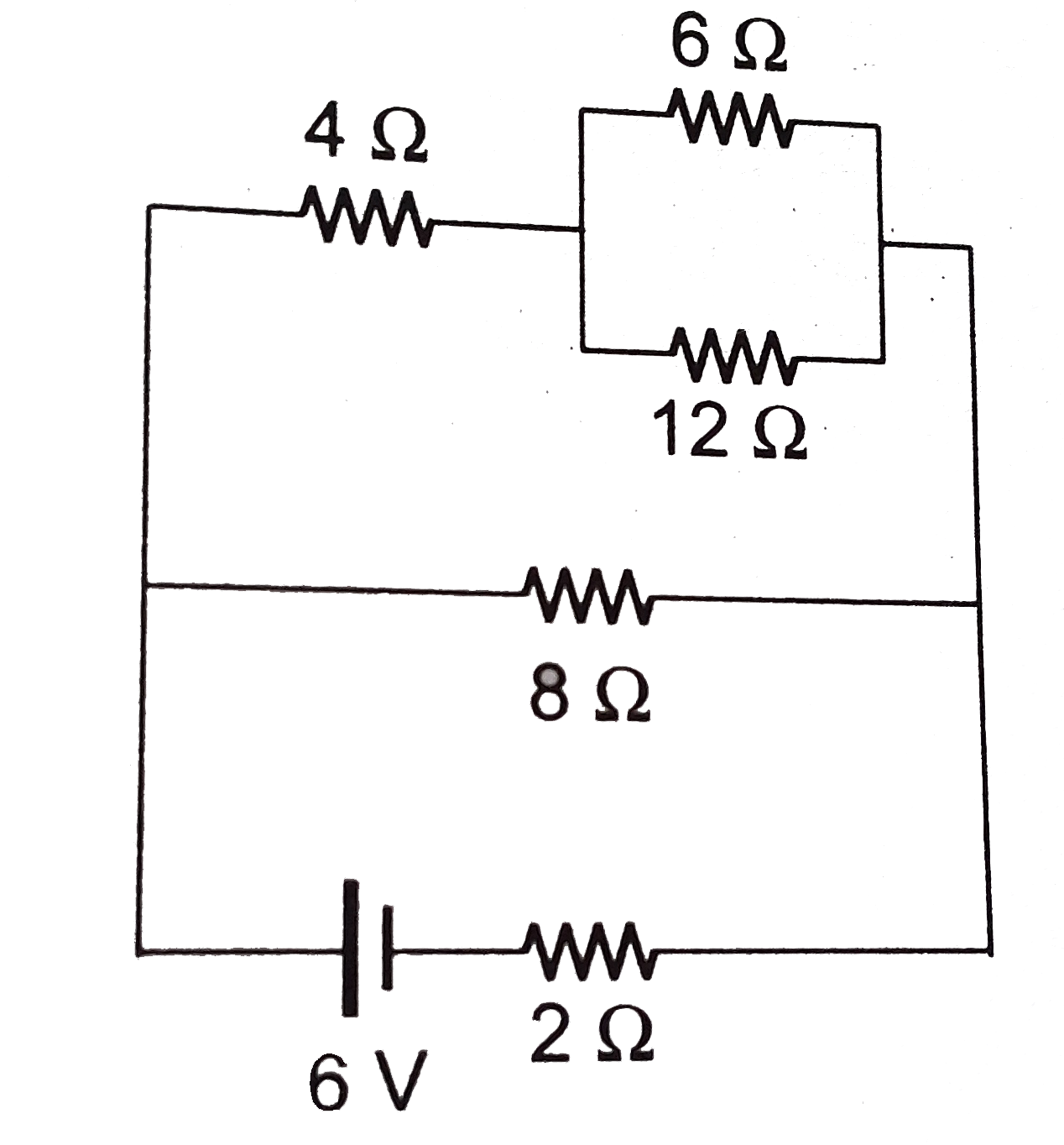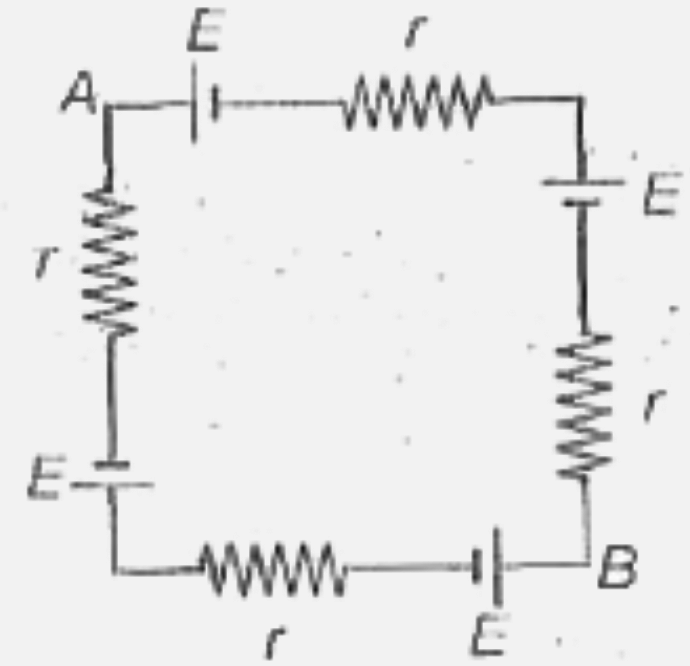The electrical potential difference across the plasma memebrane at the site of depolarisation is called
Graded potential
Resting potential
Action potential
None of these
The correct Answer is:C
To answer the question regarding the electrical potential difference across the plasma membrane at the site of depolarization, we can follow these steps:
1. Understanding Depolarization:
- Depolarization refers to the process where the membrane potential becomes less negative (or more positive) than the resting potential. This typically occurs when sodium ions (Na+) flow into the neuron, causing the inside of the cell to become more positive relative to the outside.
2. Identifying the Types of Potentials:
- We need to evaluate the options provided:
- Graded Potential: This is a change in membrane potential that is proportional to the strength of the stimulus and occurs in response to external stimuli. It is not specifically associated with depolarization at a specific site.
- Resting Potential: This is the baseline electrical charge difference across the membrane when the neuron is not actively firing. It does not refer to depolarization.
- Action Potential: This is a rapid and substantial depolarization that occurs when a neuron sends an electrical signal down its axon. It is characterized by a significant change in the membrane potential at the site of depolarization.
3. Selecting the Correct Answer:
- Based on the definitions and characteristics of the potentials:
- The correct answer is Action Potential because it specifically refers to the electrical potential difference across the plasma membrane at the site of depolarization.
4. Conclusion:
- Therefore, the electrical potential difference across the plasma membrane at the site of depolarization is called Action Potential.
- Depolarization refers to the process where the membrane potential becomes less negative (or more positive) than the resting potential. This typically occurs when sodium ions (Na+) flow into the neuron, causing the inside of the cell to become more positive relative to the outside.
- We need to evaluate the options provided:
- Graded Potential: This is a change in membrane potential that is proportional to the strength of the stimulus and occurs in response to external stimuli. It is not specifically associated with depolarization at a specific site.
- Resting Potential: This is the baseline electrical charge difference across the membrane when the neuron is not actively firing. It does not refer to depolarization.
- Action Potential: This is a rapid and substantial depolarization that occurs when a neuron sends an electrical signal down its axon. It is characterized by a significant change in the membrane potential at the site of depolarization.
- Based on the definitions and characteristics of the potentials:
- The correct answer is Action Potential because it specifically refers to the electrical potential difference across the plasma membrane at the site of depolarization.
- Therefore, the electrical potential difference across the plasma membrane at the site of depolarization is called Action Potential.
Topper's Solved these Questions
- NEUTRAL AND COORDINATIONBook:MOTIONChapter:NEUTRAL AND COORDINATIONExercise:Check Your Concepts-3
Explore 8 Videos
- NEUTRAL AND COORDINATIONBook:MOTIONChapter:NEUTRAL AND COORDINATIONExercise:Check Your Concepts-4
Explore 8 Videos
- NEUTRAL AND COORDINATIONBook:MOTIONChapter:NEUTRAL AND COORDINATIONExercise:Exercise -4
Explore 30 Videos
- MORPHOLOGY OF FLOWERING PLANTS Book:MOTIONChapter:MORPHOLOGY OF FLOWERING PLANTS Exercise:EXERCISE - 4 (AIIMS |ASSERTION & REASON QUESTIONS )
Explore 38 Videos
- ORGANISM AND ENVIRONMENTBook:MOTIONChapter:ORGANISM AND ENVIRONMENTExercise:CHECK YOUR CONCEPTS-2
Explore 5 Videos
Similar Questions
Knowledge Check
The electrical potential difference across the resting plasma membrane is called as the
AResting potentialBAction potentialCNerve impulseDBoth B and CFind the potential difference across C2.
 A6 VB4 VCzeroD2 V
A6 VB4 VCzeroD2 VWhich of the following statement is correct.
(A) The electrical potential difference across the polarised plasma membrane is called as action potential in resting stage.
(B) Na+ ion is responsible for generating an action potential.
(C) The impulse is action potentialAA & BBB & CCC & ADAll
Potential difference across AB in the network shown is

View SolutionHow many statements are correct for resting state of axon ?
i. The axoplasm inside the axon contains high concentration of K+ and negatively charged proteins and low concentration of Na+
ii. In contract, the fluid outside the axon contains a low concentration of K+ , is high concentration of Na+ and thus form a concentration gradient.
iii. The outer surface of the axonal membrane possesses a positive charge while its inner surface becomes negatively charged.
iv. The electrical potential difference across the resting plasma membrane is called an the resting potential.
v. Resting stage is depolarised state
vi. Resting potential is positive potential
View SolutionRead the following four statements (A–D) :-
(A) The electrical potential difference across the resting plasma membrane is called as the resting potential
(B) Na+ – K+ pump transports 3Na+ outwards for 2K+ into the cell passively
(C) During excited state the outer surface of the membrane becomes positively charged
(D) Action potential is infact termed as nerve impulse How many of the above statements are false?
View SolutionThe potential difference across 4Ω will be.
 .
.
View SolutionPotential difference across the terminal of a non ideal battery is
View Solution



